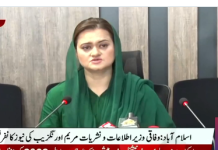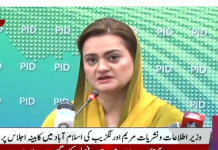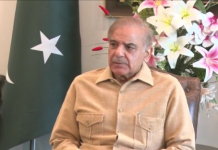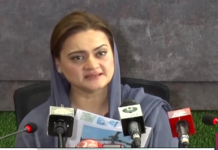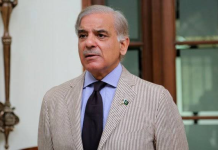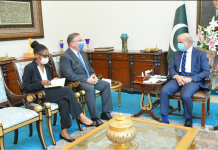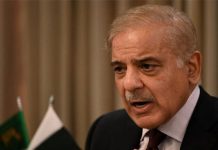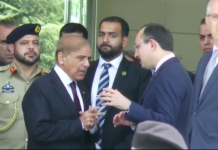WASHINGTON: The World Bank Group has announced a pause in the separate processes initiated by India and Pakistan under the Indus Waters Treaty to allow the two countries consider alternative ways to resolve their disagreements.
The announcement temporarily halts the appointment of a neutral expert, as requested by India, and the chairman of the Court of Arbitration, as requested by Pakistan, to resolve issues regarding two hydroelectric power plants under construction by India along the Indus river system.
World Bank Group President Jim Yong Kim said, “We are announcing this pause to protect the Indus Waters Treaty and to help India and Pakistan consider alternative approaches to resolving conflicting interests under the Treaty and its application to two hydroelectric power plants.”
He said that this was an opportunity for the two countries to resolve the issue in an amicable manner, adding that he hoped the two countries would come to an agreement by the end of January.
The pause was announced by Kim in letters to the finance ministers of India and Pakistan and emphasised that the bank was acting to safeguard the treaty. The current processes under the treaty concern the Kishenganga (330 megawatts) and Ratle (850 megawatts) hydroelectric power plants. The power plants are being built by India on the Kishenganga and Chenab Rivers respectively. Neither of the two plants is being financed by the World Bank Group.
The Indus Waters Treaty 1960 is seen as one of the most successful international treaties and has withstood frequent tensions between India and Pakistan. The treaty sets out a mechanism for cooperation and information exchange between the two countries regarding their use of the rivers, known as the Permanent Indus Commission which includes a commissioner from each of the two countries. It also sets out a process for resolving so-called questions, differences and disputes that may arise between the parties.

